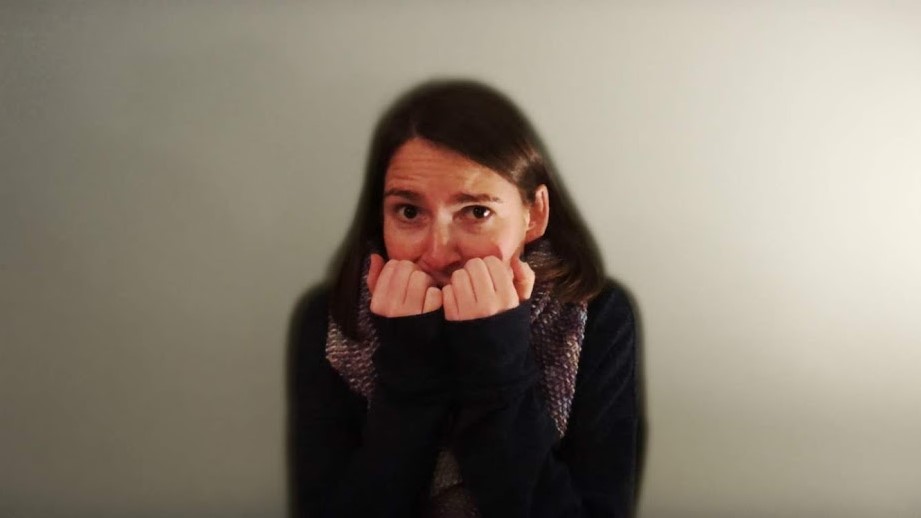I have a terrible habit of always imagining the worst possible scenario in any instance. When Matan was a baby and I constantly had to get him in and out of the car, I’d envision myself tripping on the stairs and taking a tumble with him in my arms. And whenever the school number pops up on my caller ID, I always assume it’s because one of my kids is sick and has to come home. While my rational mind knows there’s not a lot to be gained from imagining these negative situations, other than at best an abundance of caution and at worst an ulcer, I still can’t help myself from doing this.

Frequently, these scenarios will play out in our heads in anticipation of an event. When you’re planning a major function, you worry about the weather. When you’re pregnant, you’re concerned about going into labor somewhere not so convenient. When you’re seeing a friend for the first time in forever, you fear that you’ll have nothing to say, or the reunion will be awkward.
It’s this last version that happens in this week’s parshah, Vayishlach, which again shows the interaction between Jacob and his brother Esau. The last time these two were together, Esau didn’t seem too attached to his birthright blessing until it had been given to Jacob, and Jacob didn’t care much about his brother’s right to the blessing until his brother threatened to kill him. Now, twenty years or so later, we find the brothers on a path to meet again. Both are now married and fathers of large clans, and both have large flocks with them.
As Jacob is preparing to meet his brother after their extended absence from each other’s lives, he is running through all of the worst case scenarios in his head. Chapter 32, verses 8-9 reveal that “Jacob was greatly frightened; in his anxiety, he divided the people with him, and the flocks and herds and camels, into two camps, thinking, ‘If Esau comes to the one camp and attacks it, the other camp may yet escape.’”
The Hebrew words va-yira and va-yeitser literally mean “he was frightened and upset.” According to Genesis Rabbah, that means that Jacob both feared that he and his family might be harmed and was upset that he might harm his brother in self-defense. Either way you look at it, Jacob was living in the world of worst case scenarios.
But in reality, Jacob took his fear and anxiety and put them into action, making a rational plan for protection and acknowledging how he was really feeling. That way he actually stood a chance at stopping some negative behavior from occurring. Worst case scenarios might just mean your subconscious is trying to remind you to be careful or change your attitude or look at a situation differently. Rational or not, just as Jacob did, we can still learn from the lessons our emotions have to teach us.
– Rabbi Eve Posen



